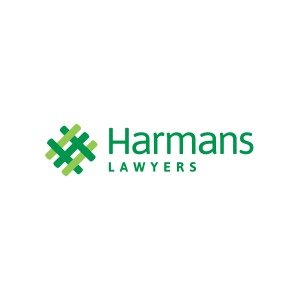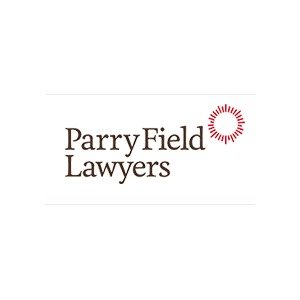Best ADR Mediation & Arbitration Lawyers in Christchurch
Share your needs with us, get contacted by law firms.
Free. Takes 2 min.
List of the best lawyers in Christchurch, New Zealand
About ADR Mediation & Arbitration Law in Christchurch, New Zealand
ADR, or Alternative Dispute Resolution, is a process that includes mediation and arbitration techniques used to resolve disputes without resorting to litigation. In Christchurch, New Zealand, these techniques are widely adopted to settle commercial and personal disputes. The key benefits of ADR are cost effectiveness, quicker resolution, and confidentiality.
Why You May Need a Lawyer
You may need a lawyer experienced in ADR Mediation and Arbitration in scenarios such as business disputes, personal conflicts, property disputes, or wrongful termination. Lawyers skilled in ADR and arbitration can assist in negotiations, serve as impartial mediators, or develop compelling arbitration cases.
Local Laws Overview
ADR in Christchurch follows the Arbitration Act 1996 and the International Arbitration Act 1979. These legislations allow parties to select their arbitrator, keep proceedings confidential, and have the arbitrator's decision enforced as a court ruling. New Zealand law also has specific provisions concerning mediation, including confidentiality, mediator's obligation, and general conduct.
Frequently Asked Questions
1. How long does the ADR mediation process take?
The length of the ADR process depends on the complexity of the case and parties’ willingness to compromise. Generally, mediation can take a few hours to a few days.
2. What if we cannot reach an agreement in Mediation?
If an agreement is not reached, you can still take your dispute to court or consider arbitration, where the arbiter makes a binding decision.
3. What is the role of a lawyer in ADR?
A lawyer can guide you through the process, ensure your rights are protected, and help you understand if the proposed agreements are in your best interest.
4. Are ADR decisions legally binding?
In mediation, the agreement becomes legally binding once it's put into writing and signed. In arbitration, the decision taken by the arbitrator is usually binding and enforceable by court.
5. Can I keep the details of the dispute confidential?
Yes, confidentiality is one of the main advantages of ADR. The details of the process and the final agreement are typically kept private.
Additional Resources
New Zealand's Ministry of Justice website provides comprehensive information about ADR, mediation, and arbitration processes. The New Zealand Dispute Resolution Centre and AMINZ (Arbitrators' and Mediators' Institute of New Zealand) also provide resources and professional support for ADR.
Next Steps
If you require legal assistance in ADR Mediation & Arbitration, it is advisable to seek a lawyer with expertise in this area. You should prepare by gathering all relevant documents and obtain an initial legal opinion. In many instances, there can be time limits on bringing forward a dispute, so contact a legal representative as soon as you can.
Lawzana helps you find the best lawyers and law firms in Christchurch through a curated and pre-screened list of qualified legal professionals. Our platform offers rankings and detailed profiles of attorneys and law firms, allowing you to compare based on practice areas, including ADR Mediation & Arbitration , experience, and client feedback.
Each profile includes a description of the firm's areas of practice, client reviews, team members and partners, year of establishment, spoken languages, office locations, contact information, social media presence, and any published articles or resources. Most firms on our platform speak English and are experienced in both local and international legal matters.
Get a quote from top-rated law firms in Christchurch, New Zealand — quickly, securely, and without unnecessary hassle.
Disclaimer:
The information provided on this page is for general informational purposes only and does not constitute legal advice. While we strive to ensure the accuracy and relevance of the content, legal information may change over time, and interpretations of the law can vary. You should always consult with a qualified legal professional for advice specific to your situation.
We disclaim all liability for actions taken or not taken based on the content of this page. If you believe any information is incorrect or outdated, please contact us, and we will review and update it where appropriate.

















